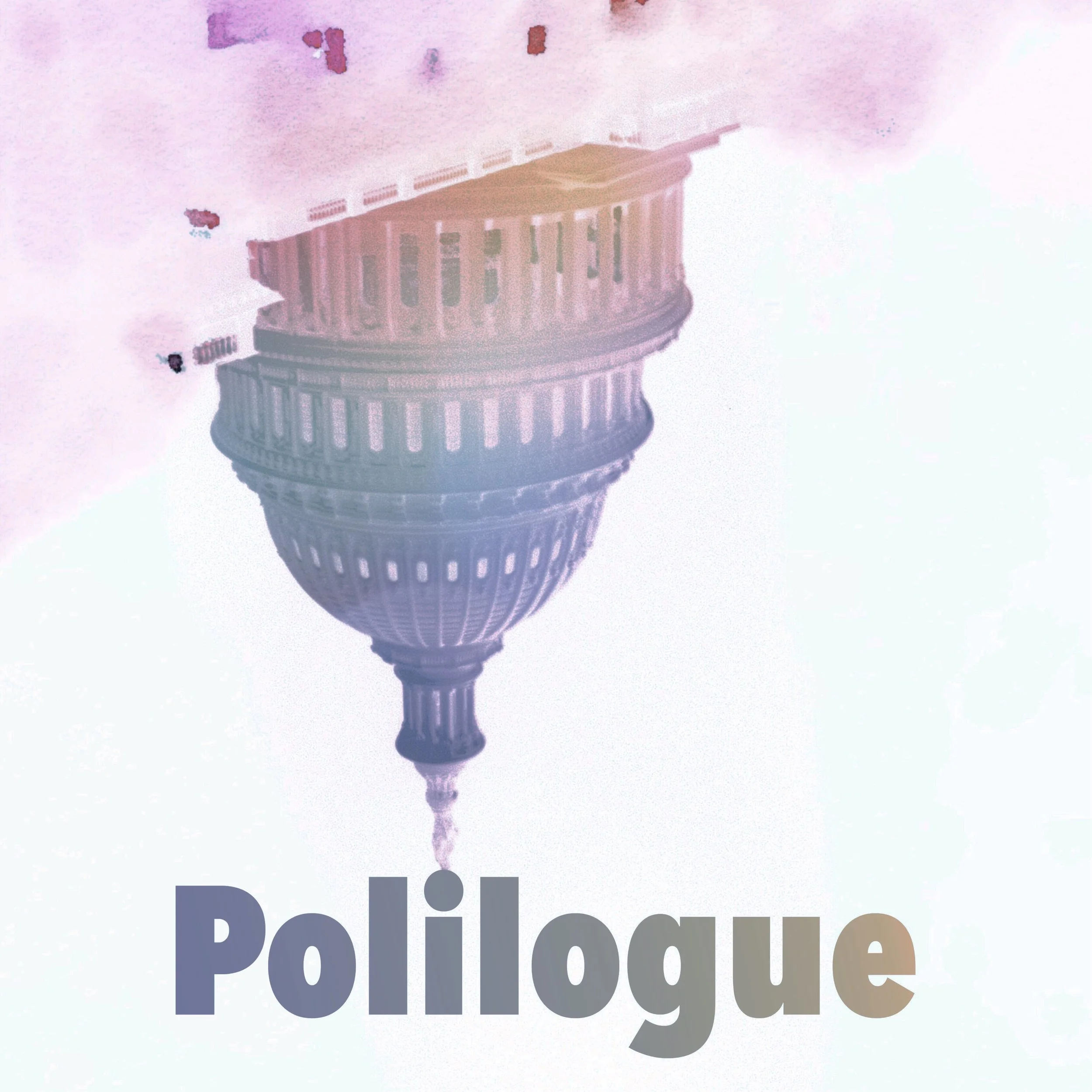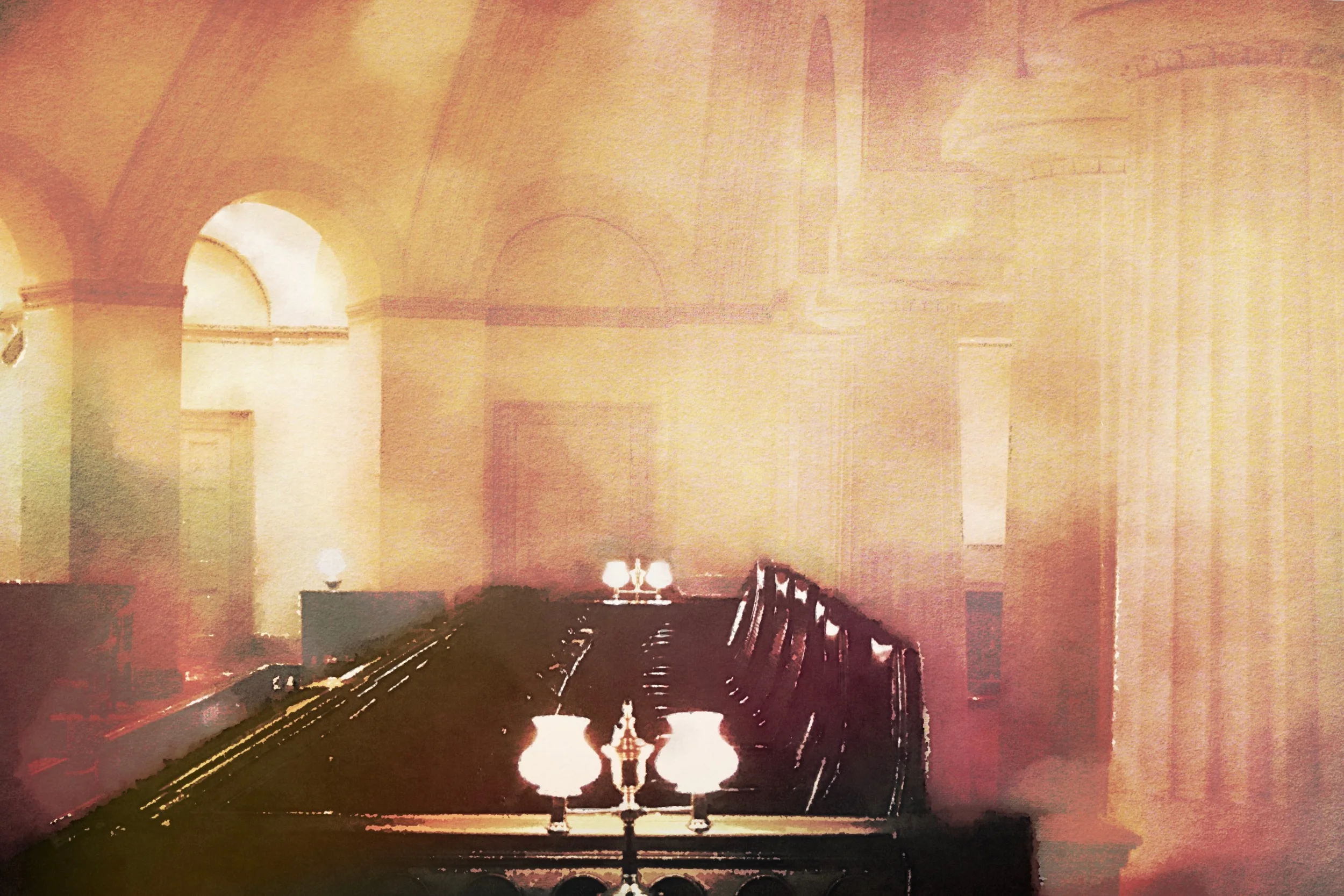There was a sense of outrage about it...
Outrage that these women had been victims of a hack—a breach of privacy. Just a few weeks ago we were all talking about it: “the celebrity nudes." A horde of pictures that hackers had somehow foisted their hands on—private photos taken by individuals in the privacy of their own homes. Targeted by hackers because these individuals were celebrities.
The breach echoed around the Internet. We heard from security researchers. We heard from technology bloggers. Was Apple to blame? Were all of our pictures at risk? Should I change my password? Should I go through the complicated handshake of enabling two-factor authentication? Should I heed the warning of moralizing morons who suggest that I not do or say or even so much as think anything I don’t want going public?
But finally, the story settled around us and our reaction. There were those on the Internet who looked at the photos. There were those on the Internet who refused to look at the photos. And then there were the victims: "how dare you,” they said. And they were right. We all knew they were right. How dare you look. Respectable news publications refused to print the celebrity photos. It wasn’t a hard decision to make: nude photos aren’t usually printed. But it was a decision and it felt like the right one.
Flash forward a few weeks and we find another hack. This one larger—but no less private. Here are the private emails, the private email addresses—the private thoughts and statements of celebrities. Everything, that is, except their privates. And suddenly: it’s fair game. Everyone is looking. Everyone is printing. Nobody—or at least, very few of the victims are standing up to say: “how dare you.” Respectable news publications even defend their actions: the breach of privacy isn’t a breach of privacy, they say: it’s a leak. Leaks are important. Leaks are in the public interest.
The story once again ricochets from topic to topic: is Hollywood racist? Are women underpaid? Is Scott Rudin an asshole? The tech crowd speculates on the hackers and their “demands” that a new film on Kim Jong-un be scrapped. Are they linked to North Korea? Yes? No? Maybe? Who cares: Angelina Jolie was called a brat by a movie producer. Breaking news!
Today, we learn it was North Korea. We learn that theaters are refusing to show the film. We learn that Sony is caving to these rogue demands—the film will be canceled. And now—just as before—the story is shifting back to us. How are we reacting? Should we really cave to terrorist demands? Don’t we believe in freedom and democracy and standing our ground? Is this what it means to be an American?
And yet—before we caved to those demands, before this story was about America’s eminence, before—even—the funny PPTs spilled across the Internet, somebody’s privacy was violated. Lots of somebodies, in fact—and like gleeful little second graders, we squealed with laughter at the victims of a crime. I’m not saying that right now—as Sony pulls the film—we shouldn’t be asking ourselves what it means to be an American. All I’m saying is: why weren’t we asking ourselves that when the story started? Why weren’t we treating this breach of privacy—this crime, this terrorist attack—with the same respect and moral certitude that we applied to the photo hack?
This is the beginning of a new era of hacking. Hacking to fulfill every political, social, and personal aim you can think of—from the basest to the most ideal. And we’re going to see a lot more of it: technology is simply moving too fast to keep intruders out. So they’re going to get in; they’re going to get their hands on what they want—but whether they get what they want will depend in large part on us. On how we react.
It won’t always be easy—it won’t always be a clear-cut decision: with the Pentagon Papers on one side and celebrity nudes on the other. But in the future, as we get better at this, my hope is that we realize every hack is a test. It’s a test not of our security systems or our forensics teams or our national security policy: it’s just a test of us. Who do we want to be? The squealing second grader, gleefully poring over stolen goods? Or a more mature citizen of society—someone who recognizes that there’s a victim’s world at stake here. Even if the victim is a brat. Even if the victim is an asshole movie producer—they deserve better from us. We deserve better from ourselves.





